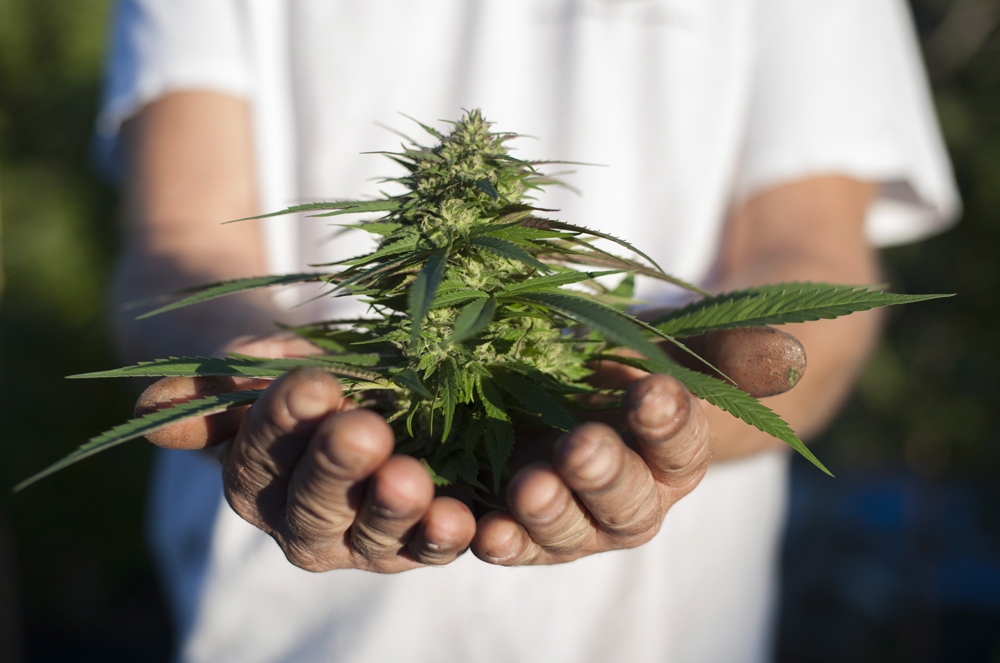On July 1 next year, can I celebrate Canada Day by sitting in a park and lighting a joint?

Can I grow four marijuana plants in my back yard? In my front yard? What if I live next door to a school?
If my province allows private-sector cannabis sales, can I open a store? Where? What hoops do I have to jump through?
Nobody really knows, but local councils in remote villages and huge cities across Canada will have to answer all those questions, and many more, between now and next summer.
And — a potential sore point — they’re going to have to figure out how to pay to enforce whatever rules end up getting made.
WATCH: As the day approaches when pot will be legal in this country, public health professionals are swinging into action with new guidelines for marijuana users. David Akin explains how experts hope to reduce the risks of harm from cannabis use.

“There’s a lot of homework that needs to be done,” says former Federation of Canadian Municipalities president Clark Somerville.
Local governments are waiting for the provinces to decide how legal pot will be sold: in government-run stores like liquor stores in most of the country, or in licenced private stores? If it’s private stores, then municipalities have a lot of decisions to make.
“We’re waiting on the provinces to tell us exactly what we’re going to need.”
“That’s when we’ll know if we need to have inspectors to see where it’s being grown, how it’s going to be for licensing, for zoning. We don’t know yet because we haven’t had that information forthcoming from the provinces.”
In November of last year, a report by the Parliamentary Budget Officer envisioned a 60:40 split of marijuana revenue between Ottawa and the provinces, ignoring the costs of legal pot to local governments.
“If we had to hire two extra bylaw enforcement people, that’s about $200,000 right there,” Somerville says. “If we had to go and hire a licencing officer, that’s the same thing.”
“In reality, if a majority of the costs are going to be borne by the municipalities, then there should be revenue going to them.”
However, the federal Liberals’ report last year on marijuana legalization acknowledged that at least some money from legal pot would have to flow to local governments.
“Municipalities … should be included in discussions regarding the equitable allocation of revenues,” the report said. ” … Concerns were raised about “downloading” of these regulatory responsibilities and costs to municipalities.”
(Five local public health authorities, 11 cities, eight local police forces and six associations of municipalities made submissions to the task force.)
Apart from licencing sales, local councils will have to make detailed decisions about issues like home grows. The feds will allow up to four plants, not more than a metre tall, but that leaves some important details to be filled in. Should growers be locally licenced, or at least registered? How should officials deal with neighbour complaints?
Even setting a home-grow licencing fee is a policy decision with trade-offs, Somerville says.
“When we do licencing in a municipality, we have to do it on a cost-recovery basis. But if that cost is too high, people are not going to get a licence for four plants – they just won’t.”
If push came to shove, a local government could forbid anything related to pot that fell under its authority, Somerville says, just as some communities stayed ‘dry’ for decades after Prohibition.
“What happens if a municipality, or a county, wants to be dry? Do they have the right to say ‘Marijuana is not legal for distribution or home growing or anything in this county’? As long as the municipalities are operating within what is set out in the Municipal Act, they would be able to do it.”
Colorado’s state government shares 10 per cent of the revenue from marijuana taxes with towns and cities there. Local governments are free to add their own marijuana taxes if they want.




Comments